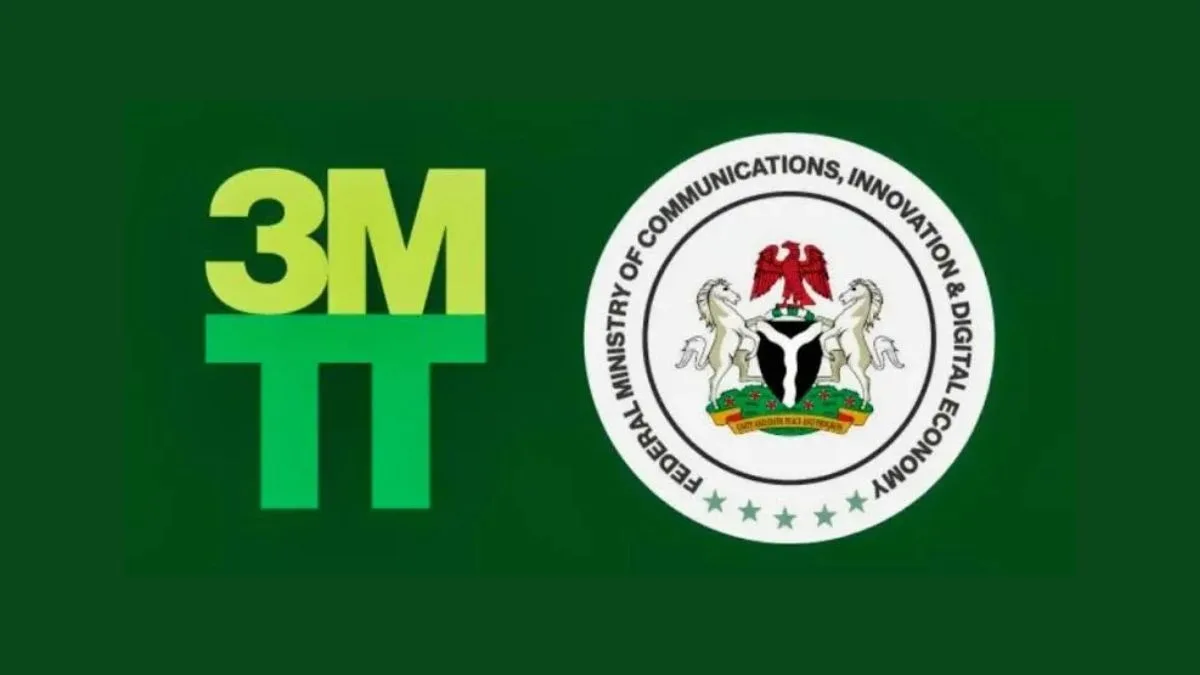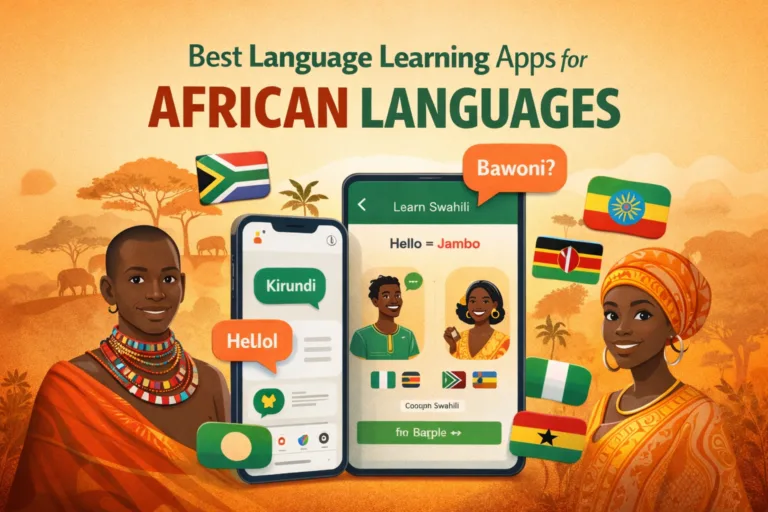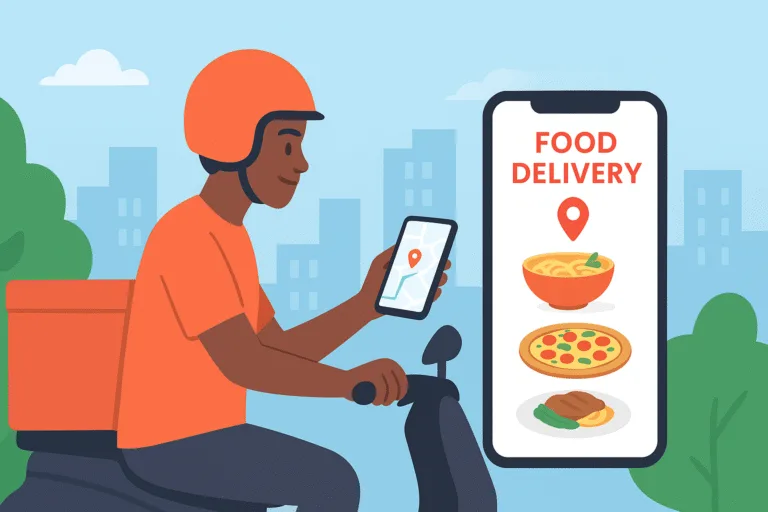Nigeria is in the middle of a digital transformation. Across Lagos, Abuja, Port Harcourt, Kano, and even smaller towns, young people are looking for opportunities in tech. Many Nigerians want to break into fields like coding, cybersecurity, and AI, but access to structured training and resources has often been limited. The Federal Government recognized this gap and in October 2023 launched the 3 Million Technical Talent (3MTT) initiative. The aim is bold: train three million Nigerians in digital and technical skills by 2027.
The plan is about positioning Nigeria as a hub for tech talent, creating jobs, and preparing the country to export skills to global markets. With partnerships from major players like MTN and Microsoft, the project is already gathering momentum. Let’s discuss what the initiative is all about, how it works, and why it matters for the future of Nigeria.
What is the 3MTT Initiative?
3MTT stands for 3 Million Technical Talent. It is a national program introduced by the Federal Ministry of Communications, Innovation and Digital Economy in partnership with the National Information Technology Development Agency (NITDA). The mission is to build a technical workforce that can support the country’s growing digital economy and even supply skilled workers to other parts of the world.
The program was officially launched in October 2023 under the guidance of the Minister of Communications, Innovation and Digital Economy. It directly ties into President Bola Ahmed Tinubu’s Renewed Hope Agenda, which targets the creation of two million digital jobs by 2025.
How Many People Has 3MTT Trained So Far?
The journey started with Phase 1 in December 2023. A total of 30,000 fellows were selected and trained across all 36 states and the Federal Capital Territory. This first phase served as a pilot, giving the government and its partners a chance to test the model and learn what works.
Phase 2 was announced shortly after and is far more ambitious. It targets 270,000 Nigerians, split into three cohorts:
- 60,000 in the first cohort
- 90,000 in the second cohort
- 120,000 in the third cohort
This phase is still ongoing in 2025, with training providers and partner organizations helping to deliver both online and physical learning.
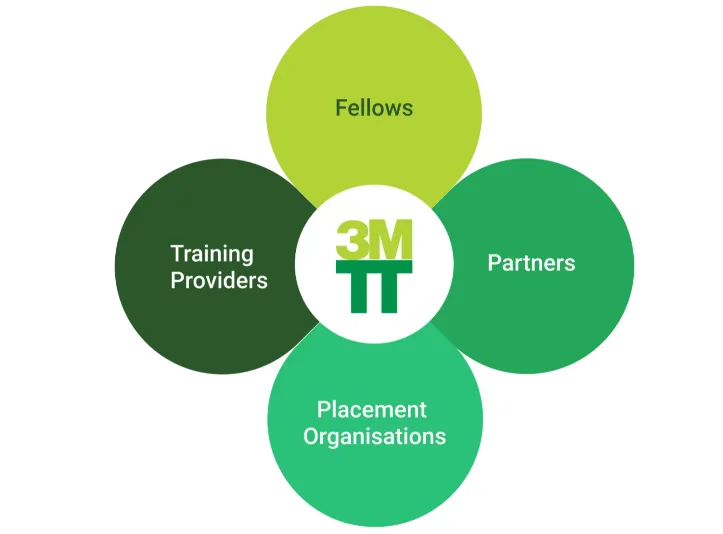
What Skills Are Nigerians Learning Under 3MTT?
The program is not limited to basic coding. It covers 12 major technical areas that reflect the needs of today’s global digital economy. These are:
- Software Development
- UI/UX Design
- Data Analysis and Visualization
- Quality Assurance
- Product Management
- Data Science
- Animation
- Artificial Intelligence and Machine Learning
- Cybersecurity
- Game Development
- Cloud Computing
- DevOps
This scope ensures that participants can choose paths that fit their interests and career goals. Someone who is more creative can focus on animation or design, while someone who loves problem-solving can go into cybersecurity or AI.
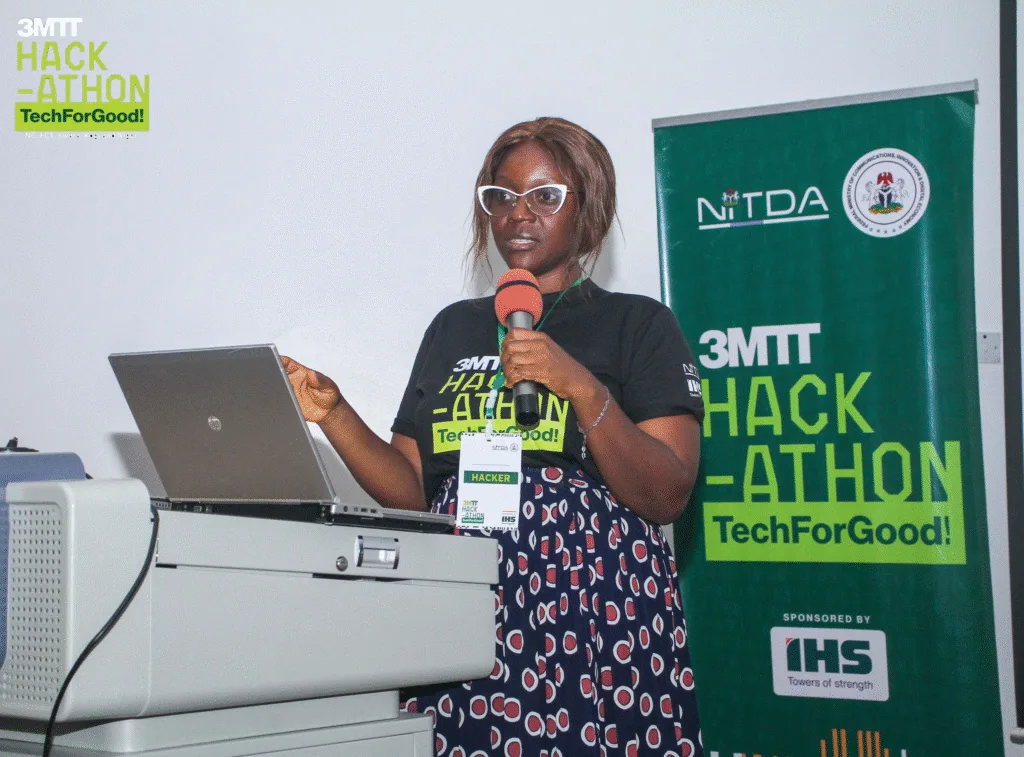
How Does the Training Model Work?
3MTT uses a fellowship model. This means that participants are not just learning online by themselves. The structure combines self-paced online courses with physical, applied learning sessions. Fellows are placed in training hubs and learning communities across the country where they can practice, collaborate, and get guidance.
To make this possible, the government works with more than 120 partner organizations including training providers, tech companies, and placement firms. This blended learning model makes sure participants gain both theoretical knowledge and real-world experience.
Who is Funding the 3MTT Program?
Training three million people is a huge financial commitment. The government is not doing it alone. Several private sector organizations have stepped in to provide funding and resources.
MTN Nigeria has committed ₦3 billion to the program. This includes:
- ₦1.45 billion for technical training
- ₦1.5 billion in data grants so fellows can access online courses
- ₦50 million for Raspberry Pi devices to help with hands-on learning
Microsoft is also a major partner. The company has provided more than ₦1 billion worth of AI certification vouchers, thousands of LinkedIn Premium accounts, and even co-hosted a Career and Employability Fair in Lagos in July 2025.
These partnerships show that the private sector sees value in building Nigeria’s tech ecosystem. They also give participants direct access to global-standard tools and certifications.
How Can You Apply for 3MTT?
Applications are handled through the official portal: 3mtt.nitda.gov.ng/.
The process usually involves:
- Registering on the portal
- Filling out eligibility details
- Waiting for shortlisting by NITDA
Selections are done in batches to align with each cohort. Because demand is high, not every applicant is admitted immediately, but the multiple phases increase chances over time.
What is the Broader Vision Behind 3MTT?
The initiative is not just about numbers. The bigger picture is to make Nigeria a net exporter of digital talent. Countries like India and the Philippines have built large industries around exporting skilled workers in tech and digital services. Nigeria has the population, youthful energy, and potential to achieve something similar.
According to the Nigerian Communications Commission (NCC), the target is to increase the country’s digital and technical skill levels by 70 percent by 2027. This will not only support local industries but also open up global job opportunities for Nigerians.
Unemployment remains one of the biggest challenges facing Nigerian youth. Traditional jobs in banking, oil and gas, and government are shrinking, but digital jobs are growing. With global companies looking for remote workers, a trained Nigerian developer or cybersecurity analyst can work for a firm in the US, Europe, or Asia without leaving home.
This reality is already visible. Many young Nigerians are freelancing on platforms like Upwork and Fiverr, or working remotely for foreign companies. What 3MTT does is help more young people acquire the skills to take advantage of these opportunities at scale.
How Does 3MTT Connect to Nigeria’s Digital Economy?
The Nigerian government has been vocal about transforming the country into a digital economy. Initiatives like the National Broadband Plan and the Startup Act show this direction. However, infrastructure alone is not enough. You need skilled people who can use that infrastructure to build products, services, and companies.
3MTT is the talent backbone of this strategy. By producing three million skilled Nigerians, the government ensures there are enough workers to support industries like fintech, e-commerce, AI, and even local startups.
Looking at the progress so far, 3MTT has the potential to reshape Nigeria’s workforce. With thousands already trained and hundreds of thousands more on the way, the program is building momentum. The challenge will be ensuring that trained fellows transition into actual jobs. This is where partnerships with Microsoft, MTN, and other organizations become important.
For young Nigerians, the message is clear: digital skills are the future. Coding, data analysis, cybersecurity, and AI are no longer niche subjects. They are paths to financial independence and global relevance. The world is moving fast, and with the right skills, Nigerians can be part of that global wave instead of watching from the sidelines.
As 2027 approaches, the hope is that millions of success stories will emerge from this initiative. From small towns to big cities, the goal is to see Nigerians not only using digital tools but creating them, not only consuming global products but building solutions the world can use. This is what 3MTT plans to deliver for millions of Nigerians.

